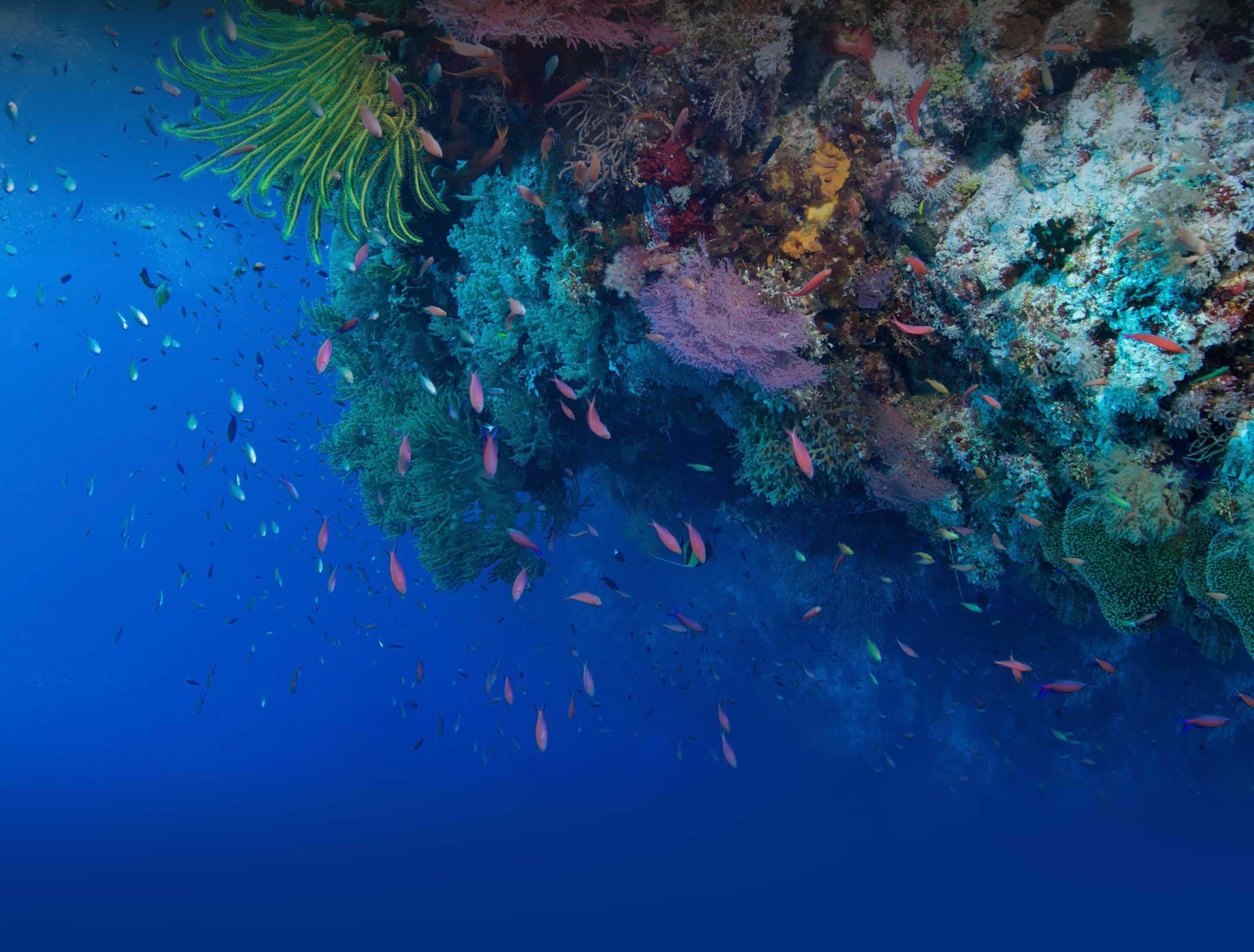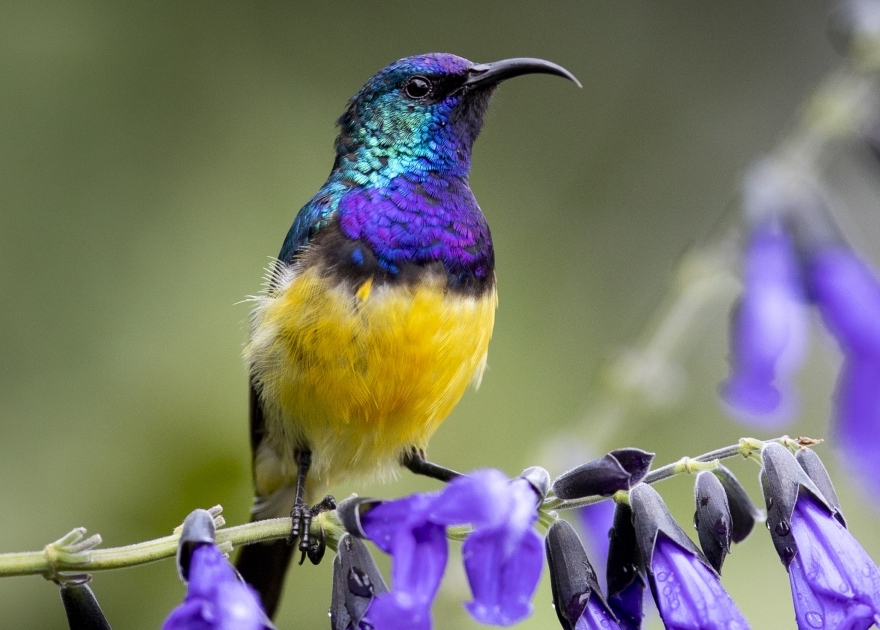
Nature Assets
The Challenge
Extinction and loss of critical ecosystems is accelerating at an unprecedented rate
With as many as 1 million animal and plant species at risk of becoming extinct by 2050. Although natural capital stocks have declined by 40% over just two decades, more than half the world’s total GDP is dependent on nature.
1 Million
Animal and Plants
Species at risk of becoming
extinct by 2050.
By 2050
Extinction and Loss
Critical ecosystems is accelerating
at an unprecedented rate
40%
Two Decades
Natural capital stocks have
declined by 40% over just two decades
1/2 Global GDP
Dependent on Nature
More than half the world’s
total GDP is dependent on nature
It is evident that the global financial system, as it stands, is fundamentally geared toward exploitation and overuse of vital natural assets.
Despite on-going efforts, the world’s leading decision-makers across both the public and private sector are failing to address global biodiversity collapse and associated sustainable development gaps at scale. There must be urgent action to reverse biodiversity loss and suspend its cascade of devastation, not only to secure the future of critical ecosystems and iconic species, but also food security, water supply, livelihoods, and economic development for the world’s most vulnerable communities.
A shared vision: post-2020 Global Biodiversity Framework, “living in harmony with nature by 2050”
As part of the transformation needed to fulfil the shared vision outlined in the anticipated post-2020 Global Biodiversity Framework, “living in harmony with nature by 2050”, the United Nations Capital Development Fund (UNCDF) asserts that nature must become a central pillar of economic and financial decision-making. That is, there must be a strategic shift from viewing nature as a resource to treating nature as an asset.

UNCDF recognizes the critical need to catalyze private investment in inclusive and innovative solutions that deliver cross-cutting impacts for sustainable development with a focus on peace, climate adaptation and resilience, food security and nature conservation.
With this key tenet at the forefront, UNCDF is establishing a new nature-finance service line – the Nature Asset Team (NAT) – to identify solutions, drive investment, and transform markets to promote the protection and enhanced valuation of nature assets. Through UNCDF’s tailored financial vehicles and tools, the Nature Asset Team focuses on scaling-up investment in solutions that place nature at the heart of economic transition to enable long-term resilience and restoration.
To facilitate a transformative shift in the way financial markets engage with nature, the Nature Asset service line is delineating market pathways that investors and other participants can activate to invest in natural assets and their associated ecosystems. The three investment channels – nature units, nature positive businesses and nature services - offer a more efficient and seamless incorporation of natural assets as legitimate, impactful and result-oriented types of investments.
Proof of concept and expertise of Results-oriented Investments
Indeed, the NAT has already demonstrated proof of concept and expertise in the administration of these results-oriented investments through its supported suite of nature-based initiatives, including:
Global Fund
for Coral Reefs
Support sustainable interventions
to save coral reefs and
the communities that rely on them.
Central African Forest
Performance Bonds Series
A unique initiative targeting specifically
Central African forests.
Peace & Conservation
Sanctuaries Burundi-DRC
An enabling environment
for sustainable peace.
UNCDF, a hybrid development and financial organization, is uniquely positioned in the UN system to collaborate across private and public sectors to build strategic partnerships, co-management frameworks, and deploy various instruments (concessional loans, bonds, guarantees, etc.) as well as technical assistance to incubate solutions and attract private investment. Through UNCDF’s BRIDGE facility, support across the investment continuum can be mobilised to grow nature-positive economies and unlock financing for small- and medium-sized enterprises in developing countries.
With a priority focus on reversing biodiversity loss through restorative action and facilitating nature-positive economic transformation in low- and middle-income countries, the Nature Asset Team will engage at COP15 to call on global public and private sector leaders to support financial solutions that incorporate nature as an asset.
85% of LDCs are highly dependent on primary commodity export
This puts increasing pressure on critical natural resource stocks and perpetuating global inequalities.
Stay Connected
GET THE LATEST UPDATES TO YOUR INBOX